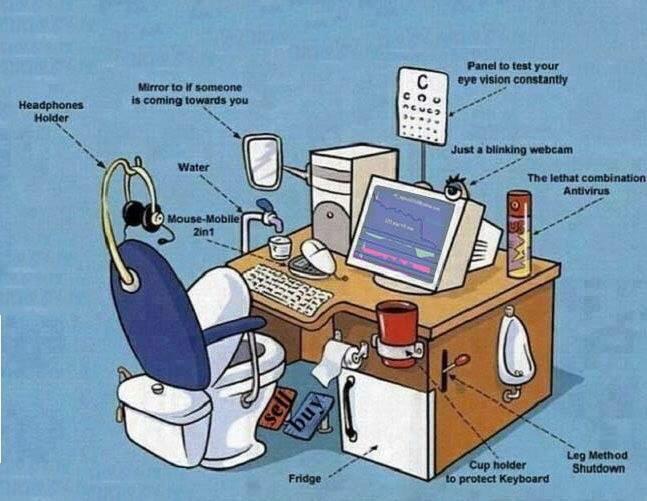 I strongly suggest that you do not confuse being an Investors with being a Trader. I’ve been pointing out for many years that the Stock Market is greatly influenced by day-traders, flash-traders, program-trading firms, in for quick trades of a few hours, a couple of days at most, and back out again. That’s not Investing and certainly not Investing Wisely.
I strongly suggest that you do not confuse being an Investors with being a Trader. I’ve been pointing out for many years that the Stock Market is greatly influenced by day-traders, flash-traders, program-trading firms, in for quick trades of a few hours, a couple of days at most, and back out again. That’s not Investing and certainly not Investing Wisely.
The problem for Investors is that they have for decades, for the most part, considered themselves to be Buy and Hold Investors, (married to the stocks and mutual funds) through both good times and bad. When they finally get discouraged, (and they do!)they get out, usually due to large losses, and they tend to stay out for very long periods. An excellent current example is / are those who have been on the sidelines since the big bear market plunge of October 2007 through early last year, not enticed back in for even part of the new bull market of last year plus.
They (Mutual Fund Investors) tend to listen to Wall Street saying they need to have a long-term perspective when their stocks and mutual funds are plunging 25% – 50% and more, and so hold on. When they do decide to ‘reposition’ their portfolio they tend to listen to mutual fund managers, and brokerage firm sales persons and spokesmen on TV shows and in magazines, advising them to buy a stock that should be 30% higher 24 months from now, without considering that it might first be 30% lower three or more months from now.
Historically (way back when) Buy and Hold strategies and long-term outlooks work well in secular bull markets, when there is /was much less downside risk, when bear markets are more spaced out, less severe, and short-lived. In secular bull markets the long term trend is up, and when bear markets end the market ‘comes back’ to its previous high in the next cyclical bull market and continues on to still higher highs, continuing to be interrupted by only occasional mild bear markets.
Those days are gone and possible gone forever.
It’s the cyclical bull markets that are temporary, not exceeding previous highs before the next cyclical bear market takes the market back down again. In both secular and cyclical bear markets Buy and Hold is probably the worst imaginable investment strategy. Not only does it not produce gains, but even the most determined Buy and Hold investors are likely to give up with the worst of timing, after their losses have become larger than they can handle either financially or emotionally. (more…)


 I strongly suggest that you do not confuse being an Investors with being a Trader. I’ve been pointing out for many years that the Stock Market is greatly influenced by day-traders, flash-traders, program-trading firms, in for quick trades of a few hours, a couple of days at most, and back out again. That’s not Investing and certainly not Investing Wisely.
I strongly suggest that you do not confuse being an Investors with being a Trader. I’ve been pointing out for many years that the Stock Market is greatly influenced by day-traders, flash-traders, program-trading firms, in for quick trades of a few hours, a couple of days at most, and back out again. That’s not Investing and certainly not Investing Wisely.




 The underlying concept is, that, if we cannot accurately predict our own performance, and as we cannot influence how the markets will behave, we should at least exercise control over those variables that we have actually control of. And that is the risk that we as traders take when entering a position.
The underlying concept is, that, if we cannot accurately predict our own performance, and as we cannot influence how the markets will behave, we should at least exercise control over those variables that we have actually control of. And that is the risk that we as traders take when entering a position.